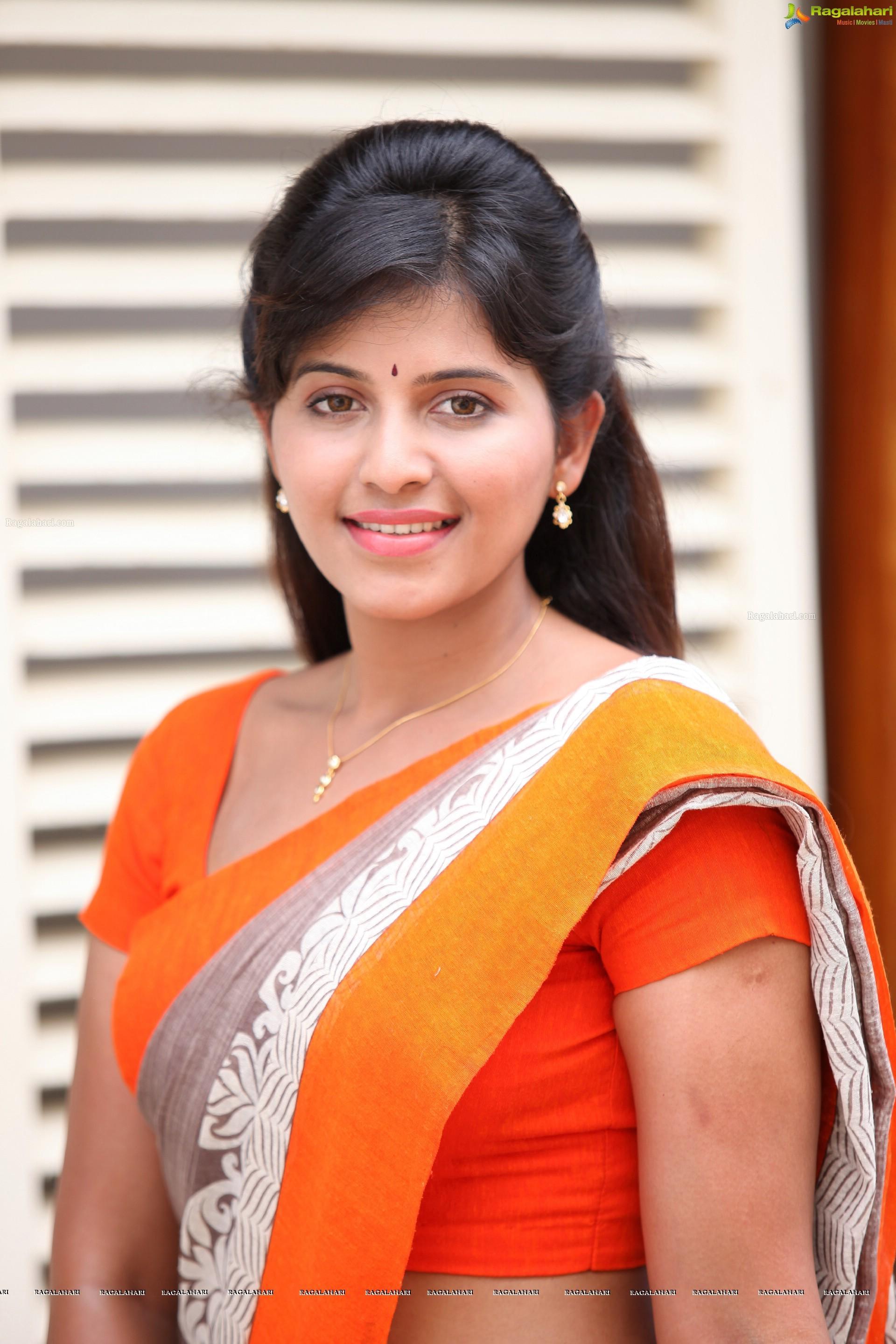It's almost like everyone has an opinion when "Anjali Arora viral video news" pops up on their feeds, isn't that so? This kind of topic, you know, it just tends to grab people's attention really quickly, making folks wonder what exactly is going on.
When stories like this spread, they often spark a lot of conversations online, and sometimes, too, they lead to a good bit of speculation. People get curious, naturally, wanting to know the facts behind the headlines that suddenly appear everywhere.
For public figures, especially, these moments can be quite intense, as their lives are, in a way, more exposed. We see a lot of reactions, from support to criticism, and it's a bit of a whirlwind for everyone involved, honestly.
Table of Contents
- Understanding the Buzz Around Viral Content
- A Look at Public Figures Named Anjali
- Public Perception and the 'Anjali' Narrative
- The Spread of Online Stories and Social Media
- Challenges for Public Figures in the Digital Age
- Navigating Online Discussions and Speculation
- The Role of Media and Reporting
- Frequently Asked Questions
- Final Thoughts on Viral News and Public Figures
Understanding the Buzz Around Viral Content
When we talk about "Anjali Arora viral video news," it's worth considering the bigger picture of how viral content works, you know? It's not just about one person, but more about the way information, or really, any kind of content, spreads like wildfire across the internet. People are naturally drawn to things that are surprising or that seem to offer a glimpse into something a little bit out of the ordinary, and that's often what makes something go viral, in some respects.
This kind of rapid sharing means that a story can go from a small whisper to a very loud roar in a very short amount of time. It shows just how connected we all are through our devices, and how quickly news, or what seems like news, can travel from one person to literally millions. The speed of it all is, frankly, something to really think about.
It also highlights how public interest can suddenly focus on a particular individual or event, and that focus can be quite intense. People start talking, sharing, and forming opinions, sometimes without having all the pieces of the puzzle. This collective attention is, in a way, the very thing that gives viral content its tremendous reach, making it a topic of discussion for many.
A Look at Public Figures Named Anjali
While the focus of much recent discussion has been on "Anjali Arora viral video news," it's interesting to note how often public figures named Anjali appear in various forms of public discourse. Our source material, for instance, mentions Anjali Mehta, who is known from "Tarak Mehta Ka Ooltah Chashma." This shows that there are several personalities who carry this name, each with their own public profile and fan base, which is something to consider.
For a bit of context, here's some information about Anjali Mehta, as gleaned from the provided text, just to give you a sense of one public figure named Anjali.
| Detail | Information |
|---|---|
| Known For | Her work in "Tarak Mehta Ka Ooltah Chashma" |
| Public Perception | Subject of "hot tribute" discussions; comparisons to other characters like Babita. |
So, you see, while the specific "Anjali Arora viral video news" is what draws attention, the broader context of public figures named Anjali and how they are talked about online is quite rich. This general public interest in people who are in the spotlight means that their actions, or perceived actions, often become topics of widespread conversation, which is pretty common, actually.
It's almost like the name itself, Anjali, has become a sort of placeholder for public discussion around personalities, isn't it? Whether it's about their professional work, or personal aspects that become public, people tend to have strong feelings and share them widely, which is, well, just how things often go on the internet.
Public Perception and the 'Anjali' Narrative
When it comes to public figures and viral content, people tend to form strong opinions very quickly, you know? Our source material talks about how someone might appear "top ki fraudiya" from "day 1," which shows just how immediate and firm these first impressions can be. This initial gut feeling often shapes how someone views subsequent news or content related to that person, which is pretty powerful.
There's also this idea of perceived honesty, or the lack of it. The phrase "anjalians se jhoot bola anjali ne" suggests a feeling of betrayal among followers, as if a trust has been broken. This kind of sentiment can really fuel discussions around "anjali arora viral video news," because when people feel let down, they tend to voice their feelings quite loudly, which is understandable, really.
Comparisons are also a big part of how public figures are perceived. The idea that "Anjali >>> babita any day," or that "she was better than babita," highlights how audiences constantly weigh and measure personalities against each other. These comparisons, too, can influence how a viral video is received, as people might view it through the lens of their existing preferences or loyalties, and that's just human nature, isn't it?
Sometimes, the focus can narrow down to very specific details, like the mention of "anjali bhabhi showing off her white bra." This shows how certain elements, even seemingly small ones, can become the main point of discussion for some people, perhaps overshadowing the broader context of the content. It's almost like a magnifying glass is placed on particular moments, and that can really shape the conversation.
The online world also brings out varied reactions to personal struggles or changes, as seen with "Anjali's expression at the end 🤭 diet queen atm." This illustrates how public figures are often scrutinized for their personal choices and appearance, and how even a facial expression can become a topic of widespread commentary. It's a very public stage, after all, and every little thing can be noticed, which is a lot to handle.
Even past roles or portrayals can influence current perceptions, like "unpopular opinions on kuch kuch hota hai" or "anjali thinking rahul was a fuckboy and then seeing him in a different perspective after he voiced his opinion of." This suggests that a person's history, even fictional roles, can color how their current situations, like "anjali arora viral video news," are interpreted. It’s a complex web of past and present, you know?
The public's view of a personality is, arguably, a constantly shifting thing. What one person sees as a positive trait, another might view differently, and this diversity of opinion is very much present in online discussions. It just goes to show that there's rarely a single, uniform take on anyone in the public eye, especially when something goes viral, and that's just the way it is.
The Spread of Online Stories and Social Media
Social media platforms are, basically, the main highways for "anjali arora viral video news" and similar stories to travel so quickly. These platforms are built for sharing, and that means a piece of content, whether it's a video or a picture, can reach millions of people in a matter of hours. It's like a chain reaction, where one share leads to another, and pretty soon, everyone is talking about it, which is quite something.
The algorithms on these platforms also play a big part, you know? They tend to show people more of what they've already shown interest in, or what's currently trending. So, if a topic like "anjali arora viral video news" starts gaining traction, the system will likely push it to even more users, creating a sort of feedback loop that accelerates its spread, and that's just how the technology works.
User engagement, like comments, likes, and shares, is another key factor. When people interact with a piece of content, it signals to the platform that the content is interesting and worth showing to others. This human interaction is, arguably, the fuel that keeps the viral engine running, making stories like this hard to ignore for a while, which is pretty wild, actually.
It's also worth thinking about how different platforms contribute to this spread. What starts on one app might quickly jump to another, with users cross-posting and discussing the same topic in various online communities. This cross-platform sharing means that a viral story can become truly inescapable for a time, permeating almost every corner of the internet, and that's a powerful thing, really.
The desire to be "in the know" or to participate in a trending conversation also drives a lot of sharing. People want to feel connected to what's happening, and sharing viral content is one way to do that. It creates a sense of shared experience, even if that experience is just discussing a piece of "anjali arora viral video news," and that's a very human impulse, you know?
Challenges for Public Figures in the Digital Age
Being a public figure in today's world brings with it a unique set of challenges, especially when something like "anjali arora viral video news" happens. Their lives, in a way, become open books, and every action, or even perceived action, can be scrutinized by a very large audience. This constant watch can be incredibly draining, both personally and professionally, which is something many people don't fully grasp.
There's also the pressure of managing one's public image amidst all the chatter. Our source mentions "good on anjali for answering the question in an assertive manner," which highlights the need for public figures to respond to difficult situations with strength and clarity. How they handle these moments can greatly influence how the public views them moving forward, and that's a lot of weight on their shoulders.
The line between a public figure's career and their personal life can become very blurred. The idea that "any guy who asks a woman to choose between her career and marriage is toxic" touches on the personal dilemmas that can arise, and how these personal situations can become public spectacles. It's almost like their private struggles are played out on a very big stage, and that's a tough spot to be in, honestly.
Furthermore, the sheer volume of opinions and comments can be overwhelming. Every decision, every statement, is subject to immediate feedback, much of it unfiltered and sometimes quite harsh. This constant barrage of judgment can take a real toll on a person's well-being, which is something we should probably all think about a bit more.



Detail Author:
- Name : Ms. Stephania Larkin
- Username : marco.anderson
- Email : octavia.mclaughlin@hotmail.com
- Birthdate : 1973-05-07
- Address : 543 Buckridge Oval North Rafaelafort, MN 23998
- Phone : 1-509-433-8926
- Company : Bartoletti, Schimmel and Pacocha
- Job : RN
- Bio : Qui et ducimus ut laboriosam. Vero deserunt quam maiores aut maiores dolorum earum. Optio minus veritatis voluptas facilis.
Socials
twitter:
- url : https://twitter.com/salvatore_purdy
- username : salvatore_purdy
- bio : Nemo eos omnis laborum quo ad id error aut. Libero reprehenderit quisquam ut rem vitae dolores. Ab non deleniti iure ut.
- followers : 5836
- following : 1117
facebook:
- url : https://facebook.com/salvatore972
- username : salvatore972
- bio : Qui qui enim nobis deleniti sint. Et quis ducimus aperiam molestias.
- followers : 3698
- following : 2559
instagram:
- url : https://instagram.com/purdy2011
- username : purdy2011
- bio : Dolores quisquam dolor quia dolorem quae. Ad ullam et rerum et tenetur qui ut.
- followers : 4777
- following : 2976
tiktok:
- url : https://tiktok.com/@purdy1984
- username : purdy1984
- bio : Officiis reiciendis tempore sint blanditiis error voluptas quia.
- followers : 805
- following : 1979

